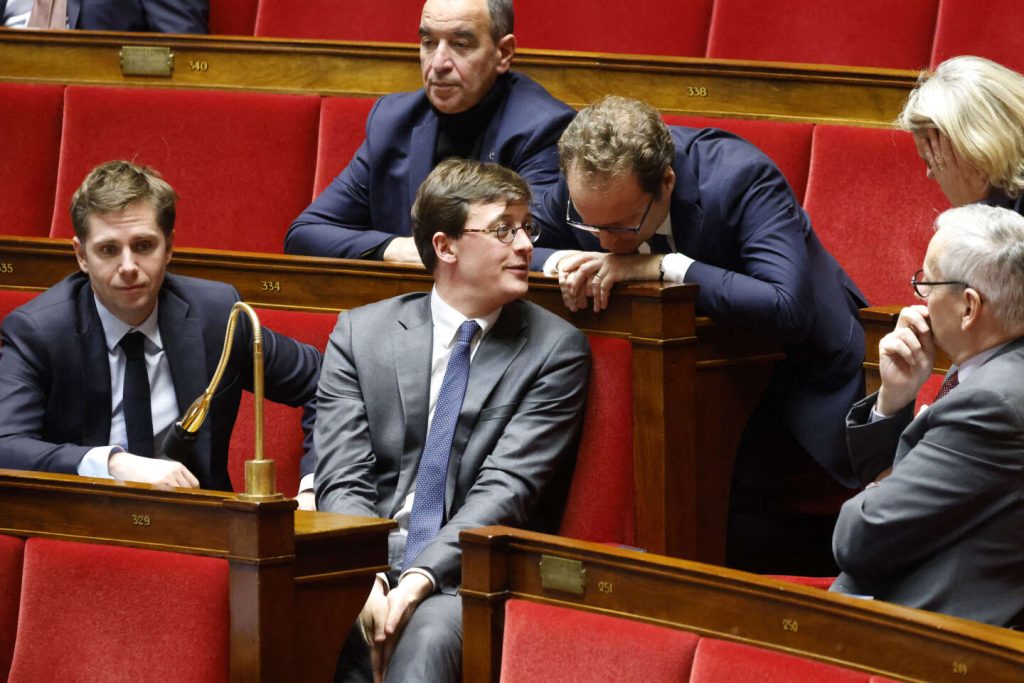The French Member of Parliament from the Renaissance group, Sacha Houlié, has introduced a new proposal law aimed at countering foreign interference in the country. This marks the first time in several years that Parliament has dedicated so much time to addressing issues related to external threats and protecting the nation. The discussions surrounding the proposal have sparked heated debates between members of the majority, the National Rally party, and the France Unbowed party, with the upcoming European elections in mind. The proposal is being examined in light of recent accusations against the National Rally party regarding its alleged ties to Russia, as highlighted by President Emmanuel Macron earlier in the year.
Despite this being the first time Parliament has independently taken up a law related to intelligence, separate from the executive branch, the proposal still reflects the priorities of the intelligence services. Houlié’s proposal focuses on addressing foreign interference through a limited set of four articles, despite the issue being a major focus of the 2023 parliamentary report on intelligence that he previously presided over. The proposed law seeks to establish measures over a four-year trial period to better identify and combat foreign interference through the use of technology. The government has welcomed this proposal as a significant step forward in addressing the challenges faced by democratic societies in the face of external interventions.
The proposed law defines foreign interference as deliberate actions taken by individuals or entities acting on behalf of a foreign power to undermine the national interests, information systems, or the integrity of elections. To enforce this, the law introduces the creation of a registry listing representatives of foreign interests who must declare themselves to the High Authority for Transparency in Public Life. Those found guilty of attempting to influence public decision-making or opinions, or of collecting or providing funds for this purpose, could face prison sentences, fines, or even expulsion from the country. For corporations, the penalties include hefty fines and potential exclusion from public procurement processes.
The examination and discussions surrounding this proposal law come at a crucial time, with concerns about the growing influence of foreign actors in French politics and society. Houlié’s initiative aims to address these threats by introducing new measures to detect and counter foreign interference using modern technology. While the proposal has received positive feedback from the government and some members of Parliament, there are still concerns about the scope and effectiveness of the proposed measures. As the debates continue in Parliament, it remains to be seen how this proposed law will evolve and whether it will ultimately be effective in safeguarding French democracy and sovereignty from external threats.


